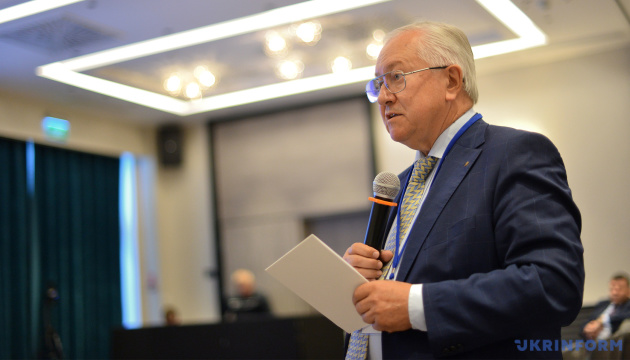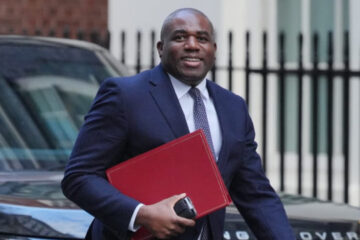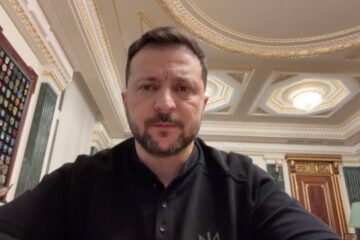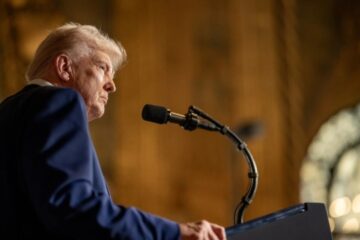Without justice, there will be no lasting peace in Europe. Justice suggests that those responsible for committing the crime of aggression against Ukraine have to be necessarily punished, and for this an appropriate institution is needed. This court (which has yet to be created) is often talked about, not many know much about it. Ukrinform requested Borys Tarasyuk, an experienced diplomat who represents Ukraine in the Council of Europe, to give his comment on the specifics of the effort to establish a Special Tribunal against Russia for its crime of aggression against Ukraine, and what steps remain to be taken for it to start working. It is on the basis of this institution that a project is being implemented to bring justice closer, at least, in juridical terms.
ON DAY OF EUROPE, MINISTERS WILL COME GATHER IN LVIV TO ANNOUNCE THE SPECIAL TRIBUNAL
– Mr. Borys, let’s start with Lviv. Does May 9th mark our victory day in the terms of the Special Tribunal against Russia?
– The foreign ministerial meeting will be held in Lviv, at which political support for the establishment of the Special Tribunal will be announced and declared. The meeting will bring together foreign ministers from the group of the countries that have been working on the draft constituent documents for almost two years. And in fact, the outputs of the work done by this key group will be handed over to the Committee of Ministers of the Council of Europe. And then it is this Committee that is supposed to finalize this work formally and legally by endorsing these documents.
A TURNKEY RESOLUTION WILL BE PRESENTED IN LUXEMBOURG
– The Committee of Ministers of the Council of Europe, it will be recalled, will meet next week, on May 13-14, in Luxembourg…
– It is precisely Luxembourg that will be the venue for the Committee of Ministers meeting. The Committee meets on a yearly basis. There will be nothing principled to vote on there. Because on May 7, at the Committee of Ministers meeting in Strasbourg, we completed the processing of all the documents. So, we are now transferring these documents, already agreed upon and voted on the day before.
– At the meeting in Strasbourg, were there many countries that, let’s say, violated the consensus?
– There are several of them, sometimes up to five. No one has introduced the rule of consensus for the Committee of Ministers or the Council of Europe as a whole, there is no such rule in place. That’s to say, theoretically, everyone wants decisions to be made by consensus, but no one has canceled the practice of voting and expressing support by a majority vote. We had held several voting sessions on the documents regarding the Special Tribunal. I can say that the results were as follows: 40 to 2, 41 to 2 (other countries did not vote). That is, we can say that this is an overwhelming majority. So, we approved the final documents, which are being transferred for consideration to the ministerial meeting in Luxembourg. And on the same day, Luxembourg hands over the presidency of the Council of Europe to Malta, as happens every six months. But at the same time, the Committee of Ministers will endorse the final documents that we have already approved.
– Is that to say that the Committee of Ministers will not thus vote at the ministerial level?
– They will not vote, but those countries that traditionally do not support either the Tribunal or the Compensation Mechanism for Ukraine will offer their comments and suggestions. The position of Hungary and several other countries that pursue their own interests is obvious. These countries have already made here and will make next week in Luxembourg interpretative, or national, statements regarding certain provisions to which they object.
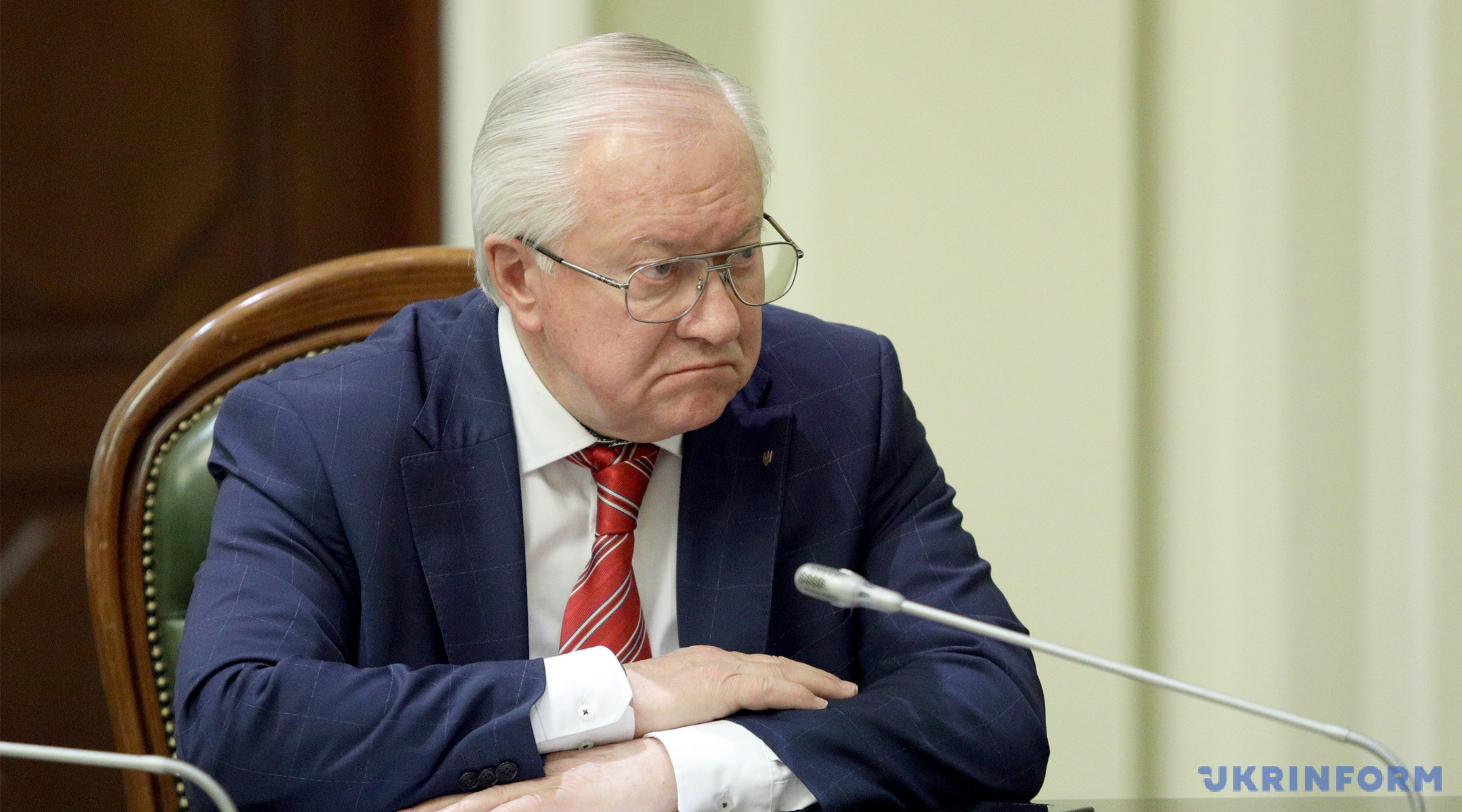
UKRAINE WILL OFFICIALLY REQUEST THE COUNCIL OF EUROPE TO ESTABLISH SPECIAL TRIBUNAL AGAINST RUSSIA
– In addition to making such statements, what documents can the ministers endorse or are supposed to endorse?
– There will be several such documents, but two will directly concern Ukraine. First, this is a document on the results of the implementation of the decisions of the Reykjavik Summit. That document will record what has already been done with respect to the Compensation Mechanism and the Register of Losses, that is, a whole section regarding Ukraine. Then there will be a separate document that will concern a resolution on Ukraine. This is exactly the document that some countries wanted to prevent from being endorsed, but they were not let do so. It is to be endorsed without a vote. And this will happen in the same way as when we launched the Register of Losses. It was adopted on May 12, 2023, in Strasbourg, by us, the Committee of Ministers, which works in the format of permanent representatives.
– At the ministerial meeting in Luxembourg, Ukraine will be represented, from what I understand, by the Minister of Foreign Affairs.
– Yes, that’s true, and this is a crucial moment for the launch of the Tribunal. Ukraine, represented by the Minister of Foreign Affairs, will submit a letter to the Secretary General of the Council of Europe, expressing Ukraine’s readiness to establish a Special Tribunal through a bilateral agreement between Ukraine and the Council of Europe. This is a necessary formal step: Ukraine must legally send its consent to conclude an agreement with the Council of Europe. Then the Committee of Ministers is supposed to consider this and decide to authorize the Secretary General of the Council of Europe to sign the agreement. This agreement, as promised by the Council of Europe leadership, has actually been finalized already. After the agreement with Ukraine is signed, it will be possible to say that this Special Tribunal has already been established.
– What will be the time gap between the letter of request from Ukraine and the signed agreement?
– I think that we will have to do more work related to internal legal procedures. It is supposed to be approved by our Cabinet of Ministers. I am expecting that this could be done in June, maybe in July. That is, quite soon.
POSITION AS IMMUNITY FROM PROSECUTION
– Is this going to be an ultimate victory?
– Yes, and this is the second victory that Ukraine initiated. Let us recall the first one – the Register of Losses. But we have just started on the Register of Losses, to be followed by a compensation commission and a compensation fund. The commission, hopefully, will be completed this year. And then a compensation fund will be established. Here, the main question arises. We are pushing for this fund to consist of frozen Russian sovereign assets amounting to approximately 300 billion. Some countries are apprehensive. Obviously, they are apprehensive of Russia’s response.
– It was reported that the package of documents on the establishment of the Special Tribunal includes three documents: the first is the statute, which was drawn up by the coordinating group, the second is a bilateral agreement between Ukraine and the Council of Europe, and what is the third one?
– The third document will concern administrative and financial matters, functionality, so to speak. But it is the statute that stipulates how and who the tribunal will trial. Let me remind you, it is called the Special Tribunal against Russia for the Crime of Aggression against Ukraine. And possible subjects of this crime will be, if the court decides so, Russian top political leaders and members of military brass. The International Criminal Court, as you may know, cannot deal with this particular crime – an act of aggression, which, moreover, concerns a country that does not recognize the jurisdiction of the International Criminal Court.
– But since the Russians do not recognize the decisions of either the European Court on Human Rights or the International Criminal Court, they are not going to recognize the decisions of the Special Tribunal either. Is that possible?
– Well, they may not yet recognize the Tribunal, but the question lies in the legal nature of the decision. And the lawyers have made sure that the nature of this Tribunal allows for the criminal prosecution of specific individuals. There is only a problem with the troika, who, according to international law, are not subject to criminal prosecution. These three persons are the head of state, the prime minister, and the minister of foreign affairs. These are those officials who do not need special authority to sign any documents on behalf of the state of Russia. That is, they have a special status.
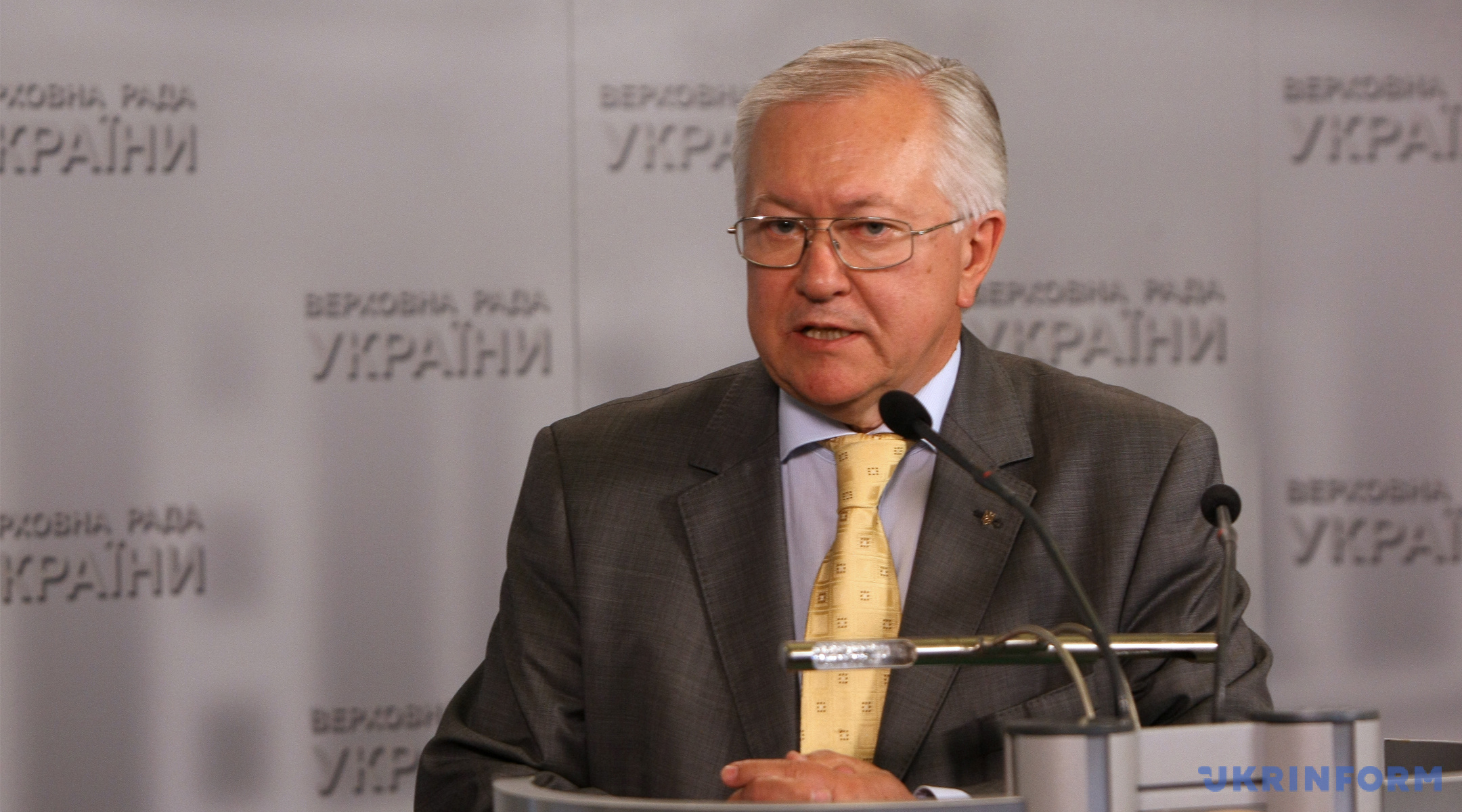
PUTIN WILL BE PUNISHED FOR SURE
– And this is what greatly upsets Ukrainians, because we all want at least an immediate trial of Putin...
– Eventually it will happen. Lawyers are idealists, they take into account the fact that, sooner or later, this or that person leaves the troika and loses this special status. And then they can be prosecuted. That is, we can say that this is a tribunal for Putin when he leaves office. As a diplomat with quite a lot of experience, I will give an example of how this will work in the future. At one time, the USA and many other countries did not recognize the Baltic countries as a legitimate part of the Soviet Union. It was a kind of legal protest against the USSR’s decision to absorb those three countries. And in the end, history turned such that, in 1990, these countries were the first to escape from the clutches of the Union, and their independence had already been recognized earlier still. This definitely strengthened our positions and accelerated the collapse of the USSR.
– So we can expect that now everything will be done, and the administrative part of the work will be embarked upon in the Netherlands. Will the Special Tribunal wait until someone loses prosecutorial immunity, or will they start working before this happens?
– Yes, the Special Tribunal will be located in the Netherlands, the same country where the main office of our Registry of Losses is also located. Practically speaking, they in the Special Tribunal will be getting prepared, collecting materials and evidence. Do you know how lawyers work? For years. If not decades…
Interviewed by Lydia Taran, Strasbourg
Source: Borys Tarasyuk, Permanent Representative of Ukraine to the Council of Europe

